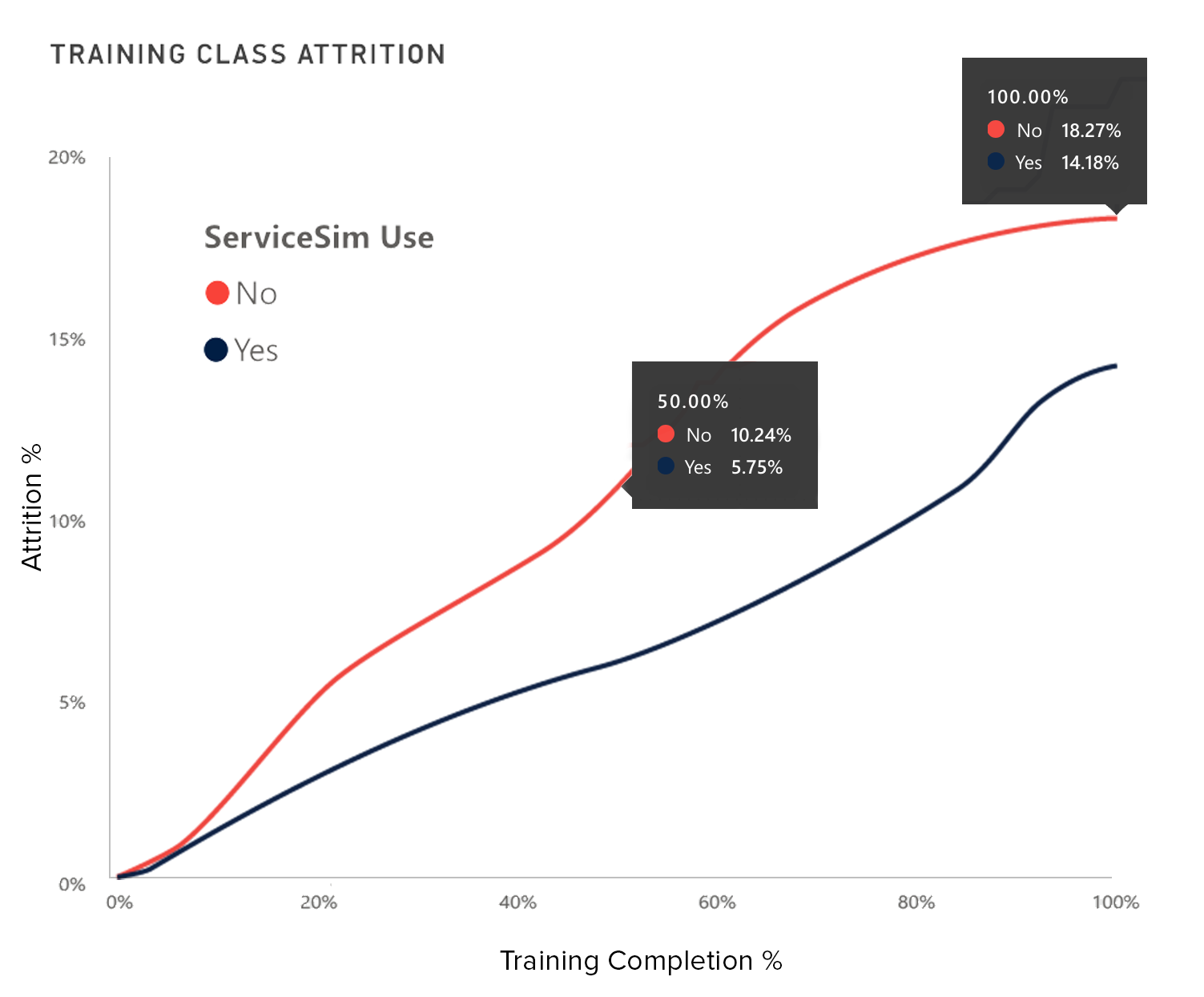The way we access and share information in the workplace is changing—fast. Yet, many contact centers are still clinging to their outdated knowledge bases like travelers refusing to give up paper maps in a world of GPS. Sure, they technically “work,” but are they efficient? Do they empower agents to deliver exceptional service?
The short answer is no. Traditional knowledge bases are holding your team back. It’s time to retire them and embrace smarter, more dynamic tools that actually support your agents in real-time.
Why Knowledge Bases Fail Agents
Agents today need answers in seconds, not minutes. But old-school knowledge bases fail to deliver for a few critical reasons:
- Inaccessibility: Digging through a maze of articles and categories isn’t just frustrating—it wastes precious time during live interactions.
- Outdated Information: Static knowledge bases often contain information that’s irrelevant or outdated, leading agents to give customers incorrect or incomplete answers.
- Inefficiency: Even when agents find the right information, it’s often buried in dense walls of text, making it hard to extract what they actually need.
These failures don’t just frustrate your agents—they also erode customer trust and harm your bottom line.
The Rise of Intelligent Agent Assistance
Enter the era of intelligent agent assistance tools. These next-gen solutions do more than house information—they deliver the right answers at the right time.
Instead of forcing agents to sift through a sea of static content, these tools use AI to:
- Analyze the context of a customer interaction in real time.
- Serve up precise, relevant solutions without delay.
- Continuously adapt and improve as new scenarios and customer needs emerge.
This shift isn’t just an upgrade—it’s a necessity for contact centers that want to keep pace with rising customer expectations.
See how ServiceSim works in 90 seconds:
How AI Creates a Smarter ‘Knowledge Hub’
An AI-powered knowledge hub goes beyond a basic repository of information. It’s dynamic, constantly learning, and always evolving. Here’s how it works:
- Dynamic Updates: AI curates, updates, and organizes knowledge automatically, so agents always have access to the latest and most accurate information.
- Context Awareness: These systems understand the nuances of each interaction, pulling the most relevant data instead of flooding agents with unnecessary details.
- Feedback-Driven Improvements: AI uses agent input and customer outcomes to refine and optimize the hub over time, creating a cycle of continuous improvement.
This isn’t just about better answers—it’s about empowering agents to feel confident, efficient, and ready for anything.
Next Steps: Transitioning to Intelligent Assistance
Ready to ditch your outdated knowledge base? Here’s how to start:
- Audit Your Current System: Identify the gaps and inefficiencies in your existing knowledge base.
- Engage Your Agents: Gather feedback from your frontline team about what’s missing or slowing them down.
- Invest in the Right Tools: Choose a solution that integrates AI-powered search, real-time updates, and contextual assistance.
- Implement Feedback Loops: Regularly collect input from agents to ensure the system evolves to meet their needs.
- Prioritize Training: Ensure your agents understand how to leverage the new system effectively.
By taking these steps, you’re not just replacing an old system—you’re transforming the way your agents work, boosting efficiency, and delivering a better customer experience.
It’s time to stop making excuses for clunky, outdated knowledge bases. The tools your agents need are already here—waiting to take your contact center to the next level.
SUBSCRIBE FOR EMAIL UPDATES

